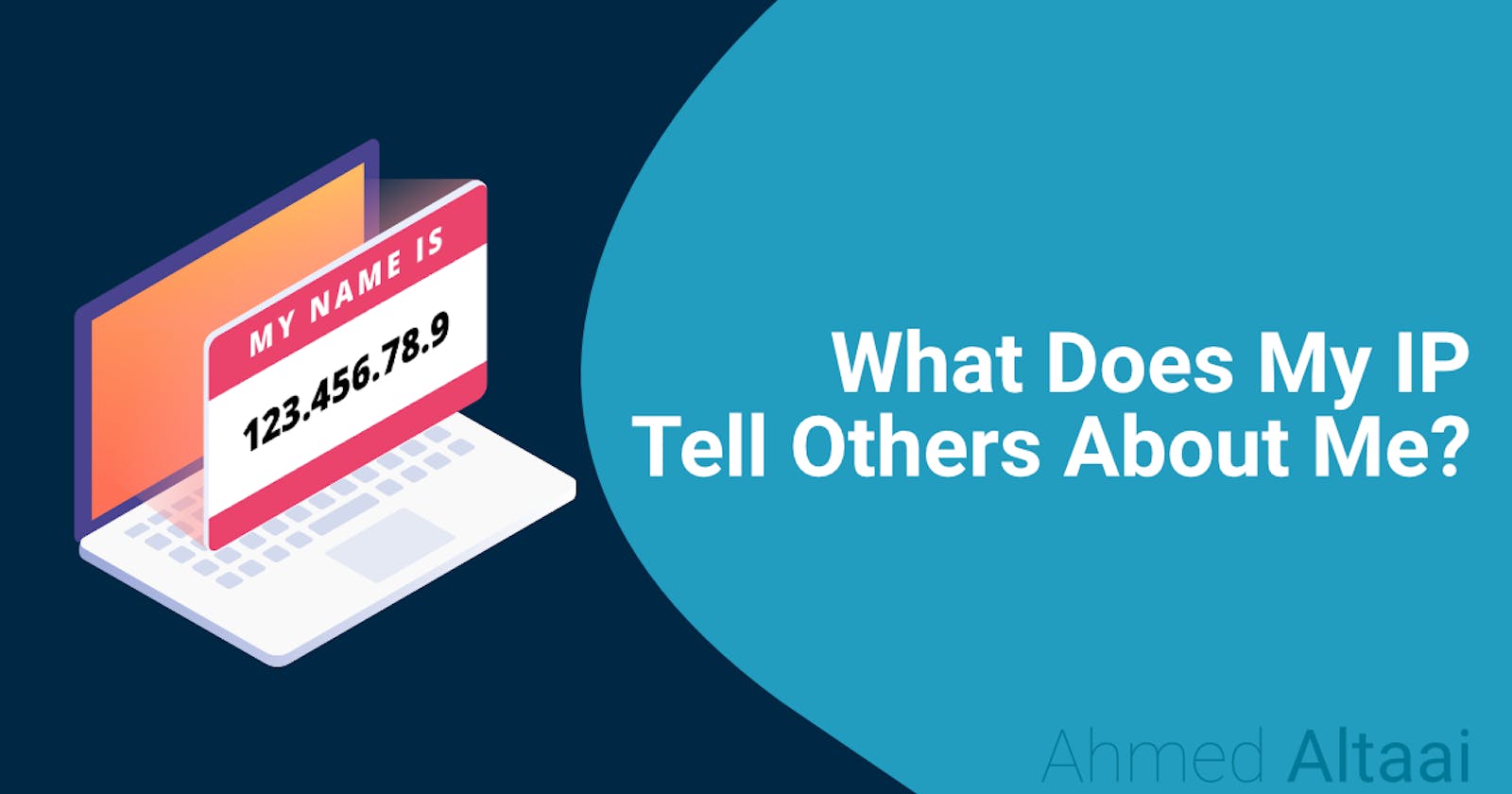An IP address is nothing more than a unique online identifier. Computers can connect to each other through their own IP address.
IP stands for "Internet Protocol" and there are two kinds of IPs: IPv4 and IPv6.
- IPv4: is a 32-Bit IP address, it is a numeric addressing method and it consists of four sections, separated by a period, contains up to three numbers each, resulting in 8-Bit. It gets represented in this format: 172.16.
- IPv6: is a 128-Bit IP address, it is an alphanumeric addressing method eight groups which are separated by colons of four hexadecimal digits. It gets represented in this format: 2001:0db8:0000:0000:0000:8a2e:0370:7334 and it may be shortened to: 2001:db8::8a2e:370:7334
Despite the fact that every computer has its IP, it is rarely used. The router is the communicator between the PC and the outside world of the internet, it is the IP of the router which is transmitted publicly. Mobile devices use their own IP address when not utilizing any router at home, work or an open hotspot.

When sending an email or surfing the internet the router's IP, instead of the IP of used device, gets shared, which is the one assigned to us by our internet operator — through which it also controls us and therefore can be connected remotely to fix the modem.
IP address' reveal some information about us such as the used browser, device of choice and even the version of the operating system we have. It also does share our geographical location, although it is not that accurate on many occasions, the recipient can get to know from which city it was made, but not from which street. Unless the recipient has access to inter information from the Internet Service Provider (IPS).
Can the IP address be changed?
Yes. Even if you are only using the internet at home, the IP address for your home can change. You can contact your Internet Service Provider (ISP) to change it, but even something as routine as restarting your modem or router because of internet connection problems could result in a change.
Is there a way to protect yourself?
100% can never be assured, but 99% is possible. The trick to make monitoring our IP more difficult, not impossible, is simply to hide it.
This is achieved through what is called a "proxy server", which acts as an intermediary between the Internet and our router.
In essence, what is done is that we connect to this server instead of a website, and it will be this server, with its own IP, which will enter the corresponding page, giving its own credentials and not ours.
However, this has its drawbacks. There are web pages, online services, and content that do not work with anonymous browsing connections and the speed usually slows down.
A VPN can also come in handy which lets us browse sites that our operator had banned us or couldn't be accessed from our country.
